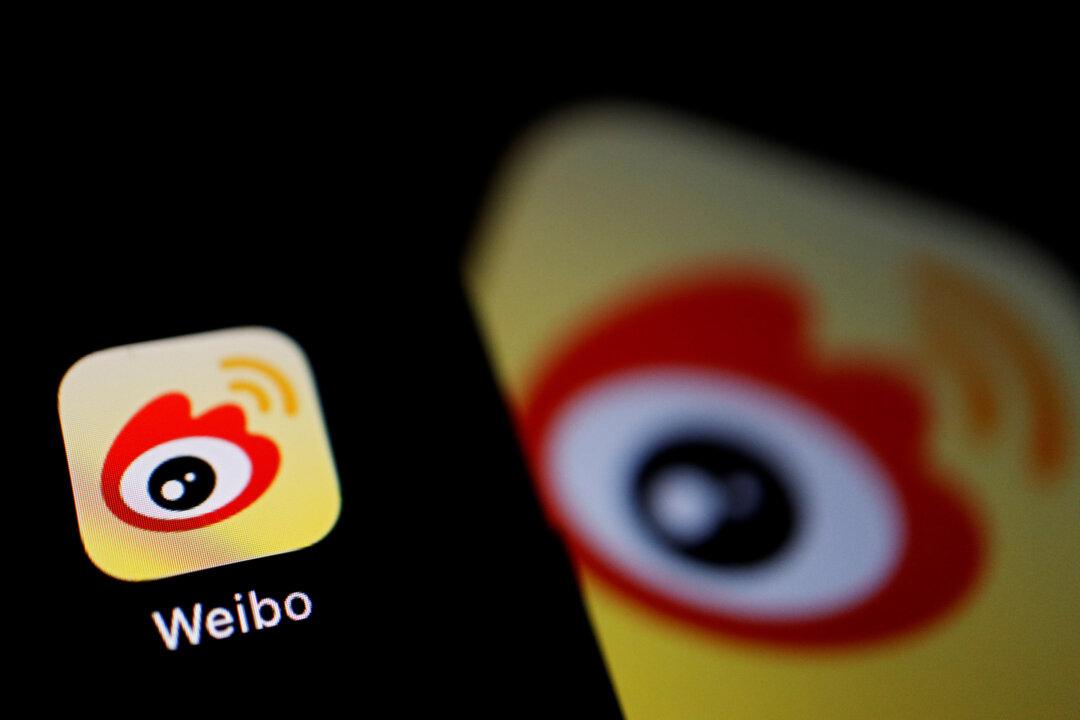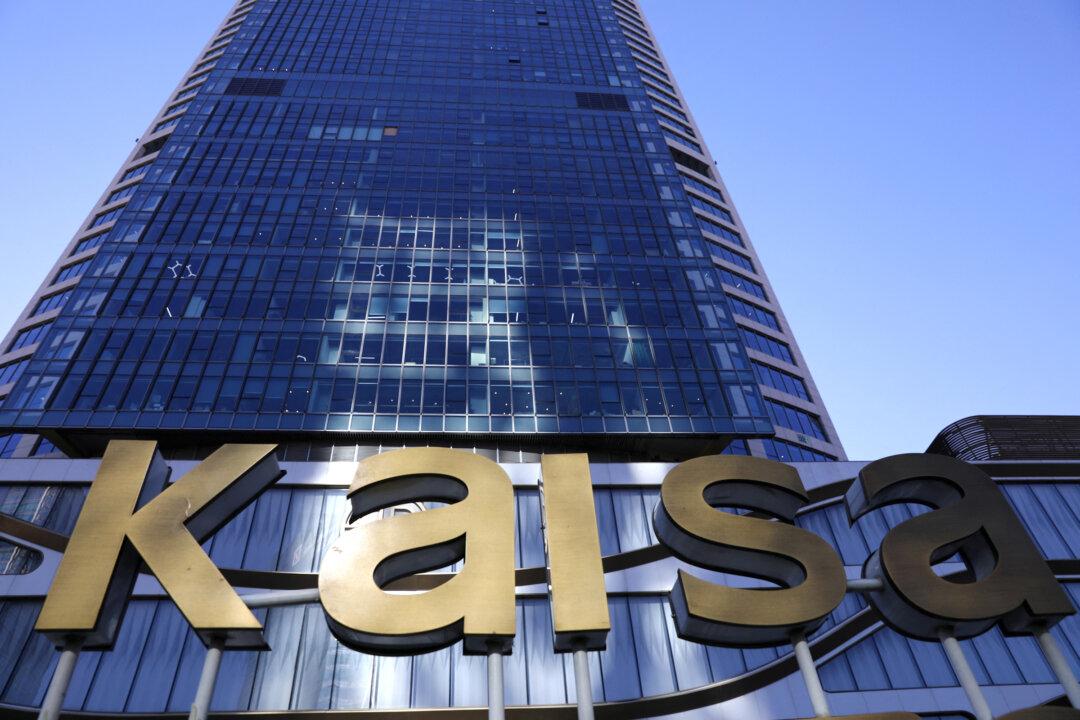Fashion businesses are shifting production away from low-cost manufacturing hubs in Asia, and toward their markets in the United States and Europe.
This follows a spike in pandemic outbreaks of the CCP (Chinese Communist Party) virus’s Delta variant in Vietnam and China earlier this year.




